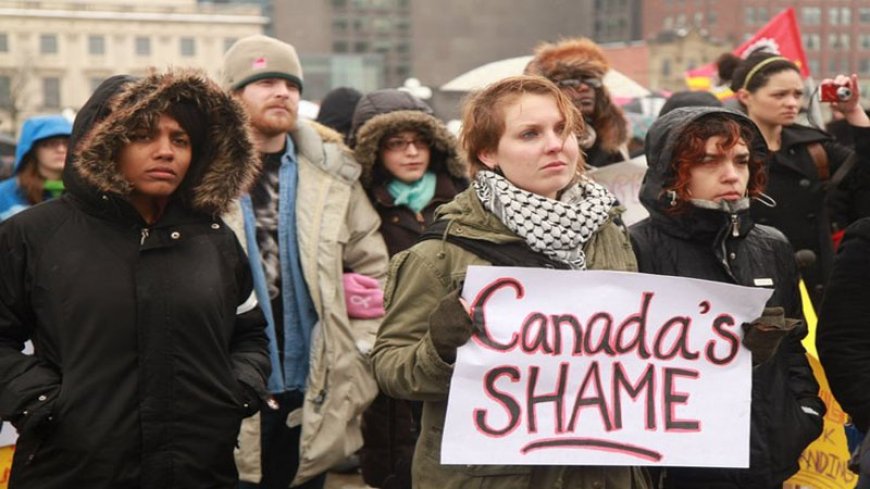Canada, rights denied to indigenous women
Canada, rights denied to indigenous women

Decades after many "advanced" countries stopped forcibly sterilizing indigenous women, numerous activists, doctors and politicians say the practice is still active in Canada.A Senate report last year concluded that "this horrific practice is not limited to the past, but clearly continues today." Indigenous leaders say the country has yet to come to terms with its troubled colonial past or end a decades-old practice considered a kind of genocide.There are no firm estimates of how many women are still being sterilized against their will or knowledge, but indigenous experts say they hear complaints about it on a regular basis. Senator Yvonne Boyer, whose office is collecting what little data is available, says at least 12,000 women have been affected since the 1970s.
In recent decades, thousands of Indigenous Canadian women have been forcibly sterilized, in line with eugenics legislation that deemed them inferior. In the United States, forced sterilizations of Native American women mostly ended in the 1970s after new regulations requiring informed consent were enacted.The Geneva Conventions describe forced sterilization as a crime against humanity. It is worth mentioning that the Canadian government has condemned the forced sterilizations among Uyghur women in China.Indigenous people make up about 5 percent of Canada's nearly 40 million people, with the largest populations residing in the north: Nunavut, Yukon, and the Northwest Territories. The more than 600 Indigenous communities, known as First Nations, face significant health challenges compared to other Canadians. Suicide rates among Indigenous youth are six times higher than their counterparts, and life expectancy for First Nations people is about 14 years lower than for other Canadians.













































